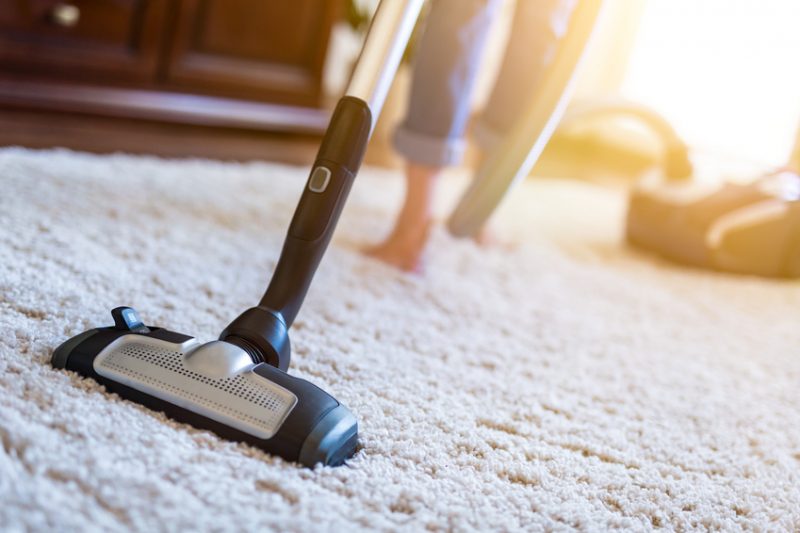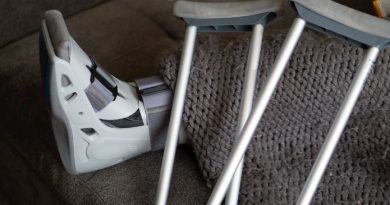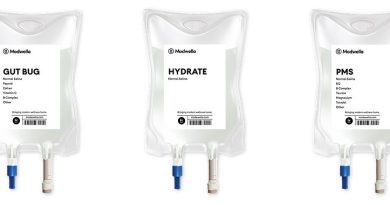4 Common Winter Allergy Triggers and How To Avoid Them
You may think of allergies as a springtime nuisance; however, allergy symptoms can persist throughout the year. Though individuals with allergic rhinitis (hay fever) certainly suffer when flowers return to full bloom, airborne allergy triggers can be encountered in any environment and any season.
Here are four common wintertime allergy triggers that may leave you wheezing, sneezing, and itchy at the nose:
Contents [hide]
1. Mold
In many parts of the country, the dampness of winter provides the perfect environment for mold growth. Mold spores float through the air and enter your nose and lungs when you breathe, causing many individuals to experience sinus-related allergy symptoms. If you suspect a mold allergy, check your basement, attic, cupboards and areas with houseplants for mold. Mold removal and better in-home ventilation may be necessary to keep the fungus and your symptoms at bay.
2. Pet Dander
Cuddling up with your pet during wintery weather might trigger your allergies. Even if you’ve never had a pet dander allergy before, adults can develop new allergies at any time. About 5-10% of Americans are allergic to pet dander, and your homes is likely a high-dander environment. Be sure to vacuum regularly, and keep pets out of the bedroom for more comfortable sleep.
4. Christmas Tree Allergies
If you’re allergic to pollen, you might be allergic to Christmas trees. Though researchers still aren’t sure how Christmas trees trigger rhinitis, some suspect that mold, pollen from the outdoors, or strong piney odors may play a part. Observe whether your symptoms flare up around the holidays, and consider switching a real tree for a synthetic one if you suspect your evergreen is to blame.
Other Non-Allergen Culprits
The runny nose and itchy eyes you experience in the winter may not be caused by allergies at all. Changes in humidity, temperature, and even woodsmoke can trigger vasomotor rhinitis. This non-allergy type of rhinitis still causes congestion. Keep tissues handy, but don’t reach for allergy medications until you’re sure that a brisk wind isn’t to blame for your drippy nostrils.
Your Air Ducts
When was the last time you had your home’s HVAC ducts cleaned? Exactly.
Just imagine how gross and dusty these ducts have become over the years. They’re likely full of dust, skin cells, hair, dead bugs, and other household debris.
When contaminants like danger, dust, and chemicals are pulled into your HVAC system, they can be re-circulated throughout your home five to seven times a day. That’s why having your HVAC ducts cleaned can make a big difference in air quality. It’s a simple way to avoid those indoor air pollutants that trigger your allergies. Most residential HVAC companies will be up for the challenge.
Staying healthy in the winter is always a challenge. Not only do you have to defend against the cold and flu virus, but many allergy sufferers also must keep allergies at bay. If you’re sneezing and wheezing, use this guide to determine the possible source. With observation and a few prevention strategies, you can breathe a bit easier this winter season.





Allergies are probably the number one reason carpet should be cleaned regularly. Everyone thinks it is for the dirt on the top but it’s even more so for what’s trapped inside and could be affecting your family’s health.
These are really helpful tips, especially to someone who is allergic to dust and fur animals like me. Thanks for sharing this!